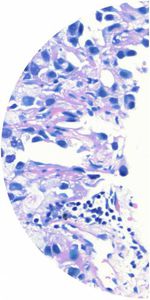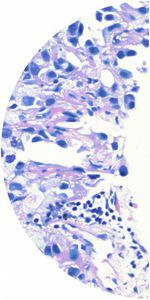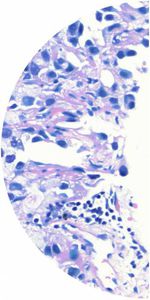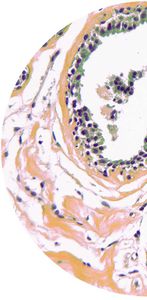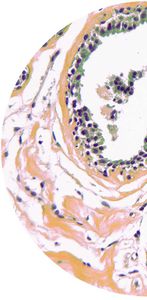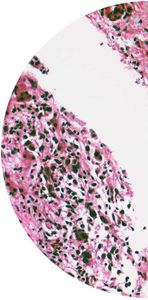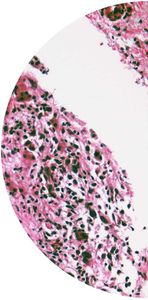
Pancreatic cancer test kit PANCRECAN™oncologyfor precision medicinefor BRAF mutations
Add to favorites
Compare this product
fo_shop_gate_exact_title
Characteristics
- Applications
- for pancreatic cancer
- Application field
- oncology, for precision medicine
- Tested parameter
- for BRAF mutations, for EGFR mutations, for KRAS mutations, for NRAS mutations, BRCA1 gene, BRCA2 gene, for PIK3CA mutations
- Sample type
- plasma, FFPE tissues, liquid biopsy
Description
Gastrointestinal (GI) cancers are a group of cancers that affect the GI tract and accessory organs of the digestive system, such as colorectal cancer, gastric cancer, esophageal cancer, pancreatic cancer, liver cancer and gastrointestinal stromal tumor (GIST).
Different treatment strategies are available for GI cancers depending on the cancer type and disease stage – including surgery, chemotherapy and radiation therapy, which may be employed alone or in-combination in a neoadjuvant or adjuvant set-up. With recent breakthroughs in uncovering the molecular basis of different GI cancers, targeted therapy and immunotherapy have proven effective in treating GI cancer patients with specific genetic biomarkers.
Who Is It For
GI cancer patients seeking precision medicine
Patients with recurrent GI cancers
GI cancer patients resistant to targeted therapy
Sample Types
Tumor tissue (FFPE block/slides, or frozen tissue)
Fine needle biopsy
Liquid biopsy (plasma and others)
Targets 56 key genes in pancreatic cancer
Comprehensive testing of mutations in KRAS, EGFR, NRAS, BRAF, PIK3A and other related key genes
In-depth analysis of deleterious alterations in BRCA1/2 genes to better inform PARP inhibitor therapy decisions
Predicts efficacy and toxicity of chemotherapy based on associated genetic biomarkers
Identifies potential drug resistance mechanisms
Assesses genetic predisposition to pancreatic cancer
Contact us today to learn more about PANCRECAN™
Catalogs
No catalogs are available for this product.
See all of Geneseeq‘s catalogsRelated Searches
- Assay kit
- Blood assay kit
- Plasma assay kit
- Molecular test kit
- Oncology test kit
- Tissue detection kit
- Genetic test kit
- Oncology test kit
- Genetic mutation detection kit
- FFPE tissues assay kit
- Cerebral test kit
- BRAF gene test kit
- Colorectal cancer test kit
- Lung cancer detection kit
- Genomic test kit
- Genomic DNA detection kit
- BRAF mutation detection kit
- NGS sequencing assay kit
- KRAS mutation detection kit
- Bone marrow assay kit
*Prices are pre-tax. They exclude delivery charges and customs duties and do not include additional charges for installation or activation options. Prices are indicative only and may vary by country, with changes to the cost of raw materials and exchange rates.


